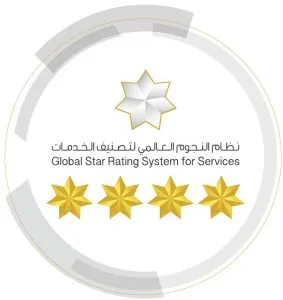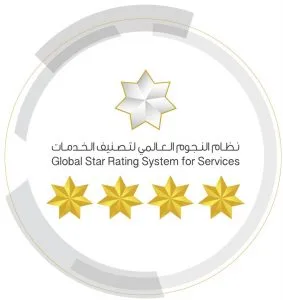There is no such thing as time management!
21/04/2014
* Our time is no longer our own but belongs to the others and everyone is competing for your time to take a slice of it.
If you are currently reading a book on time management or intend to attend a course in this field, I suggest that you wait for a little bit. As we all know, life, no matter how long it is, is short and we have a great hope. Most of us always seek to be better and improve constantly but we do not have plenty of time; we always have pressures and there are always urgent things that have never been planned. Our time is no longer our own but belongs to the others and everyone including your boss, subordinates, colleagues, family members, friends and relatives is competing for your time to take a slice of it. This is apart from the time you waste in waiting, whether waiting on the phone, or queuing for a service or stopping at traffic lights.
In addition, a large part of our time is wasted in many things such as checking e-mails or deleting unimportant messages, not knowing that time is the most precious element we have and that all of us are equal in this respect, given that each one of us has got 168 hours per week. Based on this, it is difficult and impractical to manage time because demands are increasing and time is limited.
Most writers and leadership scholars like Peter Drucker, Tom Peters and Marc Fritz agreed on the importance of focusing on what we do and what we should do by asking ourselves whether what we are doing now is consistent with the goals we aspire to achieve.
We must always focus on our goals and not forget the purpose we are working for. Based on this, it is a matter of focus management rather than time management. Focus only on significant issues and watch how time is spent and where your time goes. If argument rages in a meeting, is the purpose to prove your point of view or to fulfill a task? Focus on how to fulfill the task. If something goes wrong, it is not as much important who caused the error as how to avoid it, learn from it and move to the next step. Do not begin your meetings or day with a list of tasks but with how much time is left. It is preferred at the end of the day to record where you spent your time during the day, where most of your time goes and whether your time is spent on your major goals or is wasted without added value.
Learn to delegate some tasks to others as long as they can accomplish them on your behalf. Do only what others cannot do for you. If you can seek the assistance of a driver or use public transport, do not waste your time driving, particularly if you are driving long distances, spare the burden of looking for a car-park and make use of the time needed to do so. Use smart services instead of physically go to where the service is provided. Finally, do not forget your family’s share; you must allocate part of your time budget to your family members, provided that it should be time of high quality and concentration, i.e. do not sit with them with the phone in your hand and do not allow them to do so either. You must allocate high-quality time for your family; it is focus management rather than time management.
Latest Blogs
“Customer Councils” as an Opportunity to Improve Services and Enhance Transparency
Youth and Future Vision of the UAE ICP
Emirates Customs” a unified identity to enhance competitiveness
Zero Government Bureaucracy Programme… Emirati leadership
Cancellation of the ‘residence sticker’ is a step to make Customers Happy
The third generation of developed identity and citizenship services embodies the fifty principles
You can help us improve by providing your feedback about your experience.
Have you recently used our services through our digital platforms?




Rate your experience